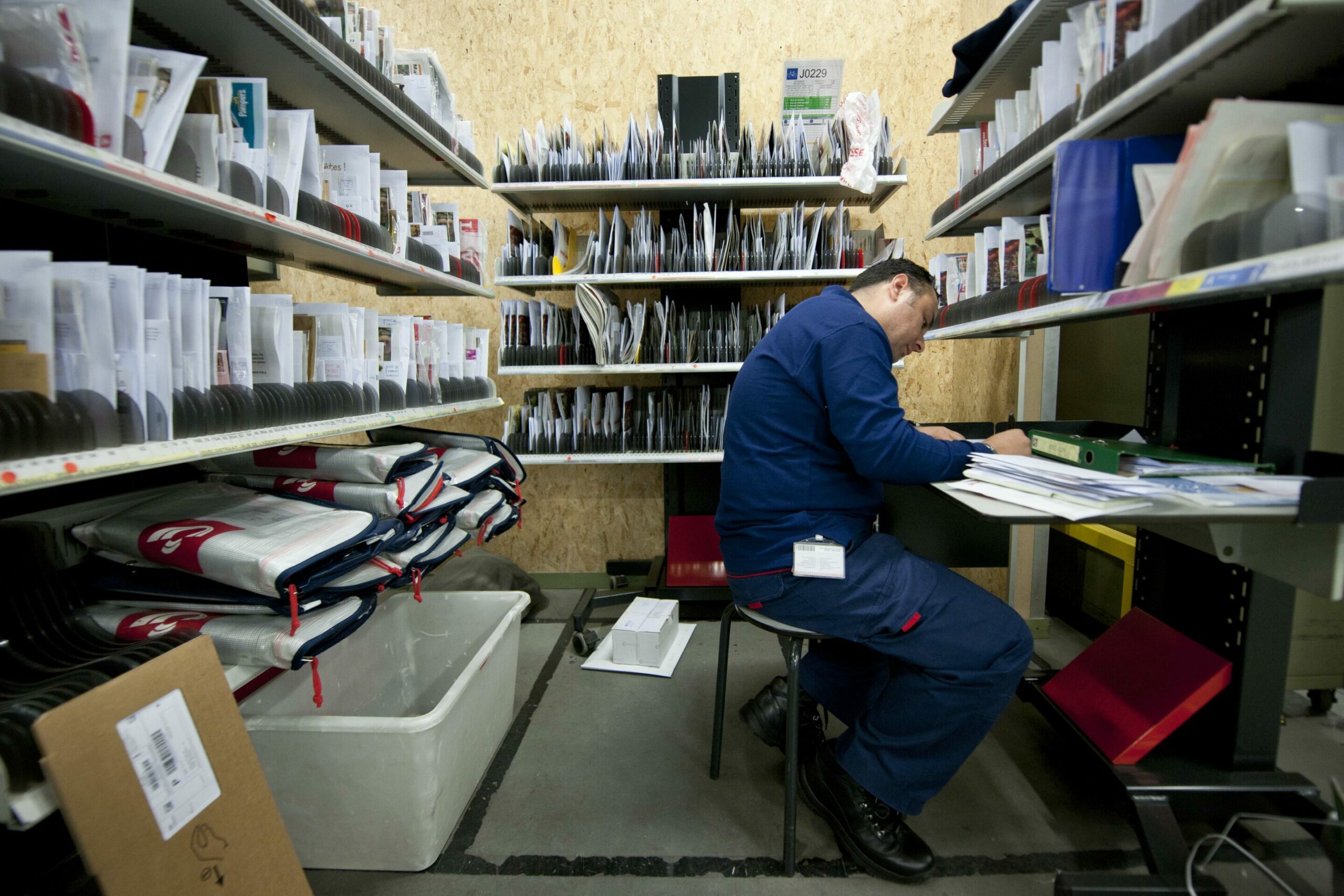Very few employees in Belgium – not even 1% – work in a four-day week regime, figures published almost two years after the introduction of this system show. The scheme is slightly more popular in certain companies and among certain workers.
As part of the Federal Government's new Labour Deal, employees in Belgium's private sector since November 2022 have been allowed to work four days instead of five days per week. In this case, people on full-time contracts perform all their hours in four days instead of five. However, in the two years since this measure was introduced, it appears that barely 0.75% of employees work in a four-day week regime, a survey by HR expert Acerta Consult showed.
"For now, it does not look like the system will cause a landslide in the labour market in our country," said Liesbeth Goethals, a legal expert at Acerta Consult. "Staff do not appear to be asking for it either. The system's added value, for now, lies more in the safety net; it allows people to arrange their working week differently if they so wish."
She added that it is important for employers and employees to question what the best form of work is in their situation. "For some, the four-day week can offer a solution to the work-life balance; for others it will add an extra burden."

Bpost employees in sorting centre before the daily round. Credit: Belga
Big businesses and blue-collar workers
While the overall share of employees working just four days as part of this scheme remains very low, it has increased by 63% from three years ago when the Labour Deal was not in place.
The system, which aims to provide a better work-life balance, is visibly more popular among blue-collar workers, where 0.95% of employees are working according to the scheme; among white-collar workers this is 0.64%.
"The fact that the system is slightly more popular among blue-collar workers than white-collar workers is not so strange, since the four-day regime was also applied before the Labour Deal in some situations, including by blue-collar workers," explained Goethals. "The Labour Deal has since extended that possibility to all sectors but it certainly does not appear to be feasible for every job and in every sector."
Meanwhile, in 2.75% of companies, (some) employees are already using the full-time four-day working week. In larger companies (more than 50 employees), the system is taking hold slightly more.
"The earlier adoption of the regime in large companies can be explained by the fact that in those companies it is easier to ensure continuity," said Goethals. "It is also more evident there to process everything administratively because the four-day regime requires an extra administrative effort for employer and employee."

